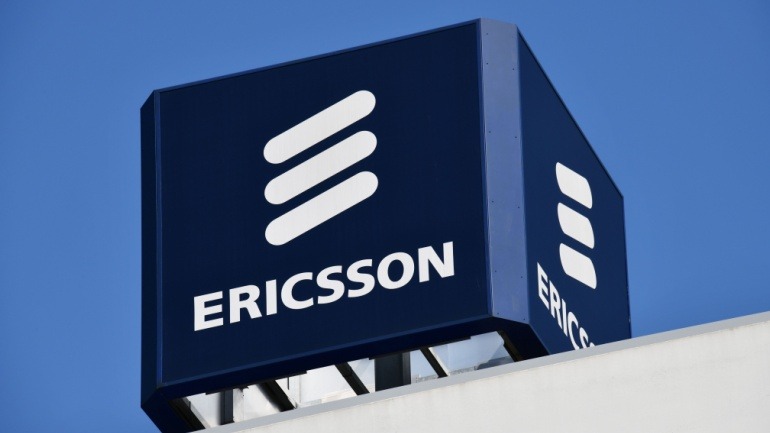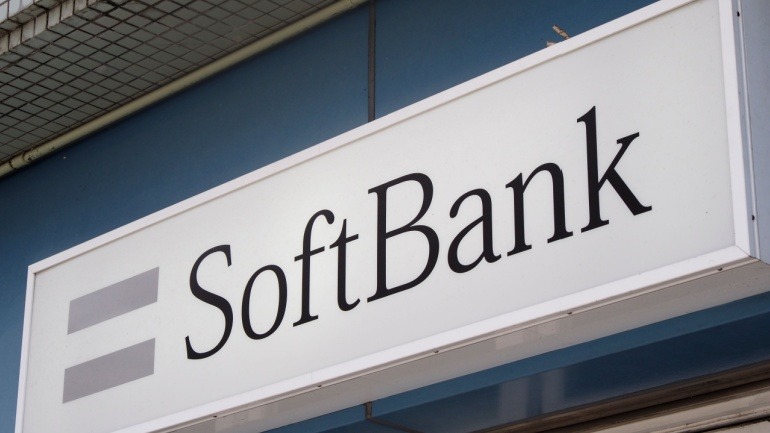Korean tech giants SK Telecom and Samsung Electronics are advancing 5G connectivity with AI-enhanced solutions. By deploying Samsung’s AI-RAN Parameter Recommender, SK Telecom optimizes 5G base station settings, leading to improved network quality.
DIDWW, a global provider of premium quality VoIP communications and SIP trunking services, will participate as an exhibitor at Telecoms World Asia 2024. This premier event, dedicated to digital solutions and services for Asian telcos, will feature DIDWW’s latest advancements in its innovative voice and SMS solutions for business communications.
Nigeria’s telecom sector is witnessing a groundbreaking shift as it embraces 5G technology through a collaboration with Ericsson. This partnership aims to modernize telecom infrastructure, transform public services, and drive economic growth.
Ericsson has achieved another significant VoIP milestone, securing a multi-billion-dollar contract with Bharti Airtel, reinforcing its presence in India’s telecom market. This aligns with recent collaborations with Vodafone Idea to enhance 4G and introduce 5G services.
Join DIDWW at Telecoms World Asia 2024 in Bangkok and explore the future of telecommunications. Discover insights on telco networks and VoIP advancements as DIDWW sets up booth F04 to engage with industry experts. This networking opportunity is vital for those shaping the landscape of VoIP technology.
Siemens partners with LS Telecom to globalize its private 5G system, expanding beyond Germany. This collaboration aims to deliver advanced 5G solutions across various industries. With LS Telecom’s expertise, Siemens enhances its 5G capabilities, focusing on high-frequency bands in Europe and the US.
The Fair Trade Commission of South Korea has made strides in examining alleged collusion among top telecom companies like SK Telecom, KT, and LG Uplus, potentially leading to massive fines.
Vodafone and Google have entered a decade-long partnership aiming to revolutionize mobile and broadband services. By leveraging advanced AI models from Google Cloud, they seek to enhance customer experiences in Europe and Africa.
SoftBank’s Sunglider, a groundbreaking solar-powered aircraft, has achieved a stratospheric flight, boosting prospects for VoIP solutions from the skies. With its massive 78-meter wingspan and high payload capacity, this advanced High Altitude Platform Station (HAPS) marks a milestone in telecommunications.
CelcomDigi and SK Telecom are teaming up to revolutionize AI in the Malaysian market. This strategic partnership aims to introduce cutting-edge AI solutions, starting with internal trials before expanding commercially. With plans to become a major AI player, CelcomDigi leverages its infrastructure and broad user base to drive innovation.













